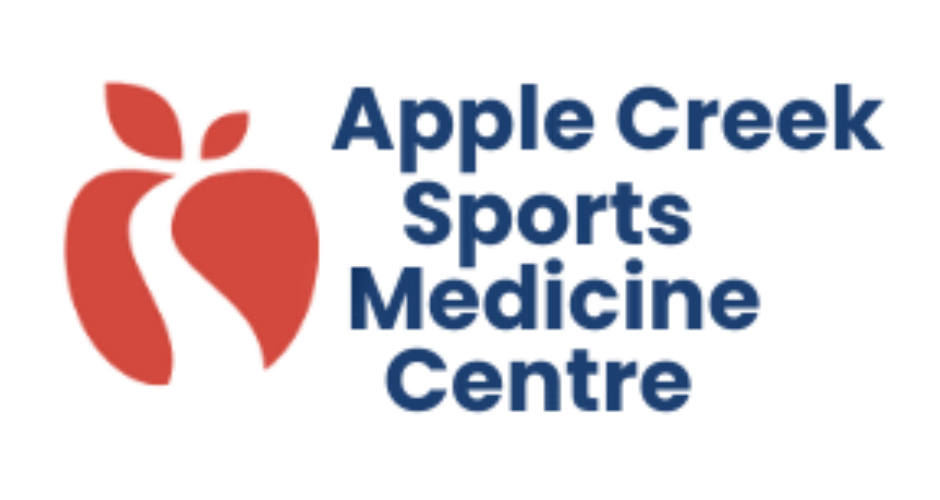A.T. @ A.C. Vol. 10

Injuries...But I just started my New Year's Resolution
Brett Nagata, Certified Athletic Therapist
By now, a few weeks into your New Year’s resolution, you might be hitting your stride—or experiencing some unexpected aches and pains. Injuries, both minor and serious, can quickly derail your progress, but understanding how to treat them can help keep you on track.

In a previous blog, I discussed differentiating between pain and soreness. This distinction is crucial to understanding whether you’re dealing with normal post-workout discomfort or something that requires attention.
Treating Acute Injuries: Ice vs. Heat
When it comes to acute injuries (those that occur suddenly during activity), ice is the right treatment to optimise the healing process. In the first 48 hours following an acute injury, ice is your best friend to reduce inflammation and lessen the pain. Apply ice wrapped in a damp towel (never directly on skin) for 10-15 minutes every 1-2 hours.
The R.I.C.E. method is a well-known and effective approach to treating most acute injuries, particularly sprains and strains:
- Rest: This allows your body time to heal. Depending on the injury, gentle movement or stretching may be recommended.
- Ice: Ice helps reduce inflammation and pain. Be sure to monitor the skin for any signs of frostbite.
- Compression: Use an elastic bandage to help control swelling and provide support to the injured area. Be sure not to wrap too tightly or sleep wearing the wrap, as this can cause further damage.
- Elevation: Elevating, by propping the injured area (especially if it’s a limb) above heart level helps reduce swelling by allowing excess fluids to drain away from the injured tissue.
Wrapping It Up
No matter how careful you are, injuries can still occur as you pursue your fitness goals. The key is recognizing them early, treating them with the right approach, and learning from the experience. By following the R.I.C.E. principles you can get back to your workouts feeling stronger and more confident in your ability to care for your body.
Remember, recovery is just as important as training, and giving your body the time and attention it needs will help you stay on track throughout the year!
About the Author:
Brett Nagata has been enriched by the opportunities that rehabilitation medicine has provided, allowing him to collaborate with experts, athletes, patients, and students across various fields and countries.
For more information about Brett, click here

